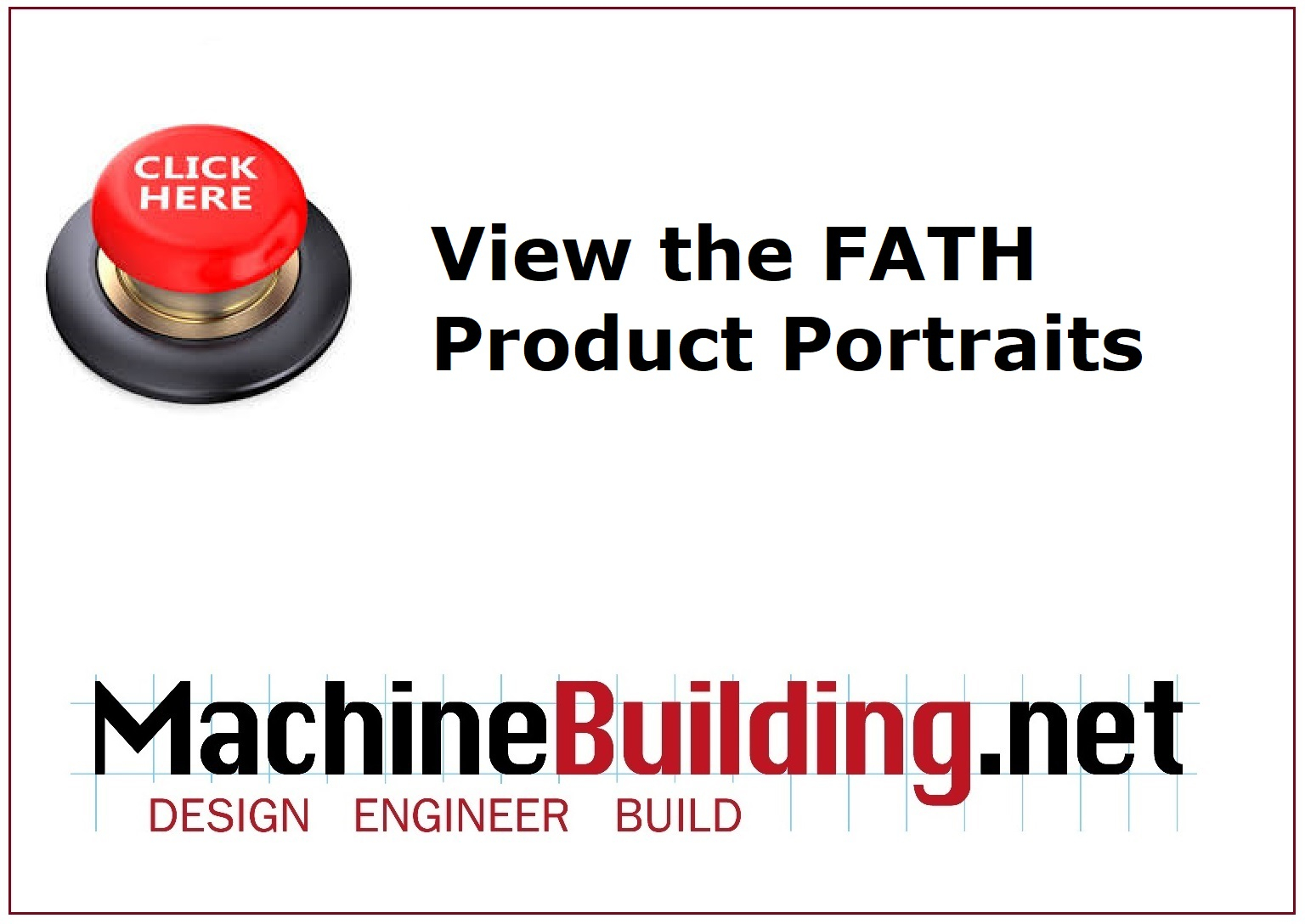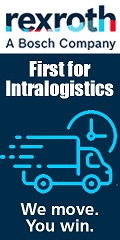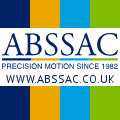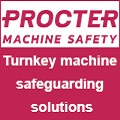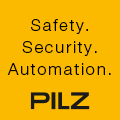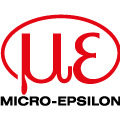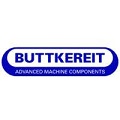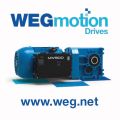
Posted to News on 20th May 2012, 11:32
LabVIEW aids rapid development of security screening device
LabVIEW has been crucial to the rapid development of a novel instrument for screening containers of liquid at airports - without having to open the containers.
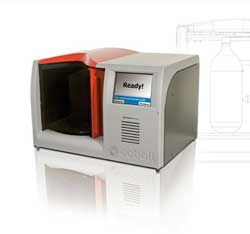
In 2006, conspiring terrorists plotted to detonate liquid explosives carried onboard commercial airliners travelling from the UK to the USA and Canada. Although the plot was foiled, it sent security shockwaves across the world. The aftermath of the transatlantic aircraft plot saw airports prohibit liquids, aerosols and gels over 100ml (3.5 ounce) being carried onto commercial flights.
Travellers generally appreciate the necessary security measures but many are still frustrated when told to throw away expensive perfumes, contact lens cleaners or gifts for loved-ones.
Cobalt Light Systems was established in 2006 to develop novel technologies for non-invasive, sub-surface analysis. The company markets these products for a wide range of applications in laboratory, pharmaceutical, biological and industrial analysis. At the heart of the products is a technology that provides the ability to rapidly and accurately measure chemical composition without touching or changing the sample. The underlying technology is exclusive to the company and was invented at the Science and Technology Facilities Council's Rutherford Appleton Laboratory in the UK.
The UK government, along with the wider EU community, is working on plans to ease the liquid ban in 2013. In order to facilitate the relaxation of the ban while maintaining public security, Cobalt Light Systems developed the Insight100. This is an innovative security screening device that analyses bottles of up to three litres for explosives in less than five seconds. It is a tabletop container-screening instrument for use at security checkpoints such as airports and government buildings. The system screens liquids, powders or gels within sealed containers including glass or plastic bottles, tubs and other common receptacles.
How it works
Insight100's screening process utilises a technique called spatially offset Raman spectroscopy (SORS). A near-infrared laser is directed at a test subject at multiple points. A small proportion of the light reflected back at each point is shifted in wavelength by the energy levels in the liquid molecules, and this small shift reveals what the substance is. The Insight100 acquires the reflected, shifted spectra before comparing them against a library of SORS signatures, thereby enabling the Insight100 to determine the presence of hazardous substances and material threats.
Crucially, the detection capability is extremely high and false alarm rates have been demonstrated to be approximately 1.5 per cent or less.
Another key requirement of the Insight100 is high throughput. Heightened air-travel security represents a significant bottleneck in passenger movement from check-in to departures. As the Insight100 will be used in conjunction with existing security measures, Cobalt were eager to minimise additional delays. Appropriately, the Insight100 is able to screen a 3 litre bottle in five seconds.
The instrument utilises a number of individual devices including multi-function data acquisition, a laser excitation source, a complex energy delivery and collection optical assembly, and a high-performance CCD Raman spectrometer. Automated control and synchronisation of the instrumentation is handled by a versatile, yet easy to maintain, application written in LabVIEW.
Why LabVIEW?
Cobalt Light Systems' software development team at has more than 25 years' combined experience with LabVIEW. The software engineers appreciate how easy and fast it is to produce good-looking, intuitive graphical user interfaces (GUIs). Quickly prototyped GUIs enabled Cobalt to create the feel of the application when it was presented to marketing teams and customers in the early stages of the development process.
LabVIEW provides a platform that enables Cobalt to separate hardware and software automation into modular standalone blocks from the GUI development, so teams of engineers can code in parallel for rapid application development. Being able to separate the code into standalone modular blocks also lends itself to more thorough testing.
LabVIEW is regarded by many as a leading development environment for instrumentation. Most instrument vendors therefore provide prebuilt LabVIEW drivers for simplifying communications with their instruments. This makes 'getting started' a very fast process. Additionally, in the rare instances where prebuilt drivers do not exist, the hardware manufacturers will provide dynamic link libraries (DLLs) that can be easily wrapped into custom LabVIEW functions so that driver sets can be built.
Finally, by implementing a graphical system design approach to developing the Insight100, the engineers were able to combine seamlessly multiple models of computation into their software. Although the development team was made up of experienced users of LabVIEW graphical dataflow programming, the engineers are also well versed in a variety of other software development methodologies, including textual math, C, R and Matlab. The native support of LabVIEW for such programming styles enabled Cobalt to branch into parallel development paths to create specialised algorithms before merging the code back into a consolidated, top-level LabVIEW application.
David Crawford of Cobalt Light Systems comments: "LabVIEW enabled our small development team to efficiently develop, rigorously test, and seamlessly deploy a versatile, but maintainable, solution within extremely tight deadlines - something that we could not have achieved using other development platforms."
The Insight100 was recently approved by the European Civil Aviation Conference, and met Type B Standard 2 for liquid explosive detection systems. The Insight100 is about to be commissioned in a number of high-profile airports across Europe. If successful, the technology could be deployed globally in the near future.
Follow the link to find out more about LabVIEW, or use the form at the top of this page to request a callback or more information.
National Instruments Corporation (UK) Ltd
Measurement House, Newbury Business Park
London Road
RG14 2PZ
UNITED KINGDOM
+44 (0)1635 523545


